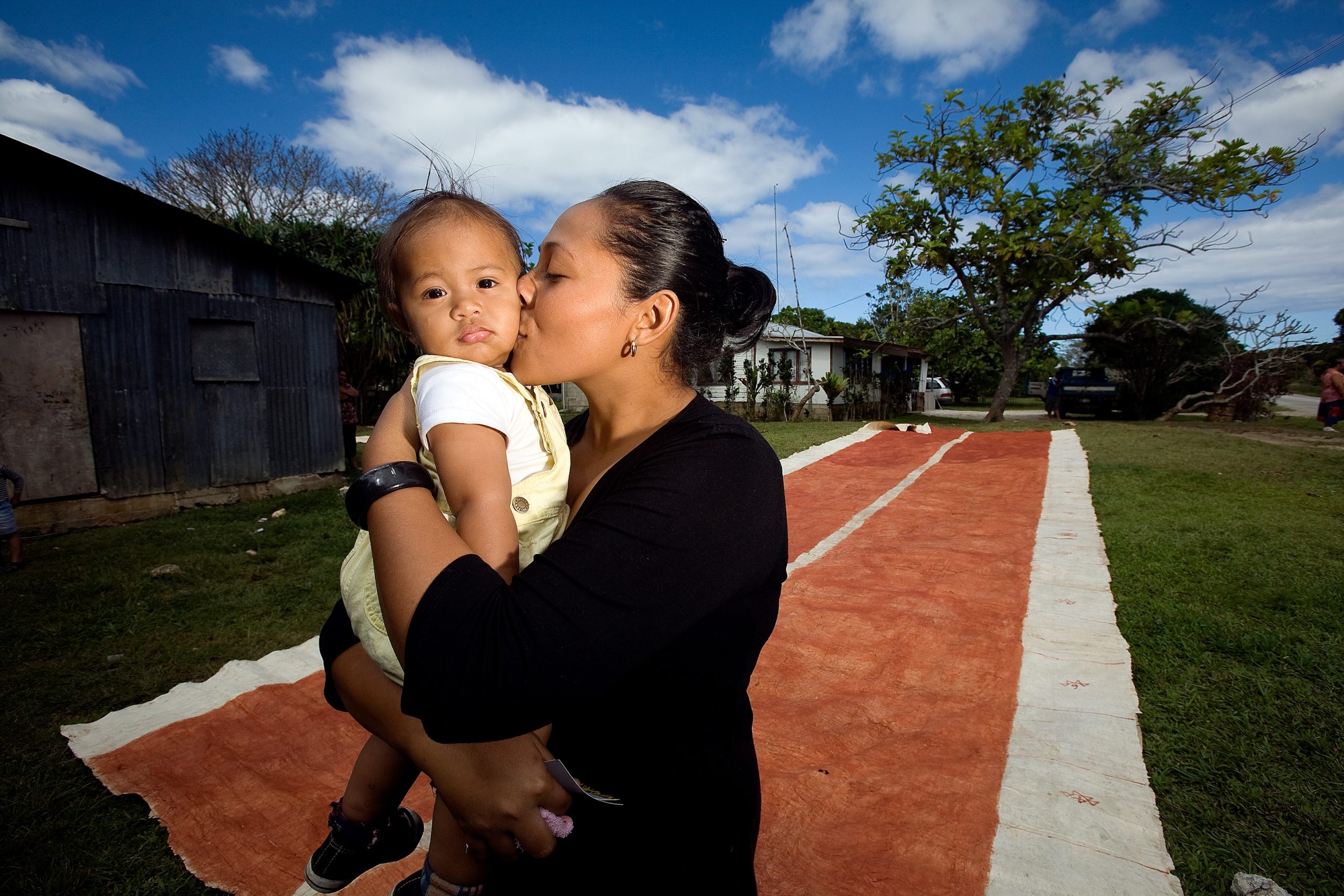
When a family member works overseas: the good, the bad, and the differences by gender
By Kirstie Petrou and Dung Doan
30 March 2023
Every year, thousands of low- and semi-skilled workers from the Pacific and Timor-Leste find short-term employment in both Australia and New Zealand’s labour mobility schemes. The economic gains from these schemes, mostly in the form of formal job opportunities, remittances and increased consumption, have been well documented. Yet, as the number of migrant workers increases, sending countries have become more concerned about the social aspects of labour mobility, fearing it is adversely affecting family relationships and community dynamics, and creating extra burdens on remaining family members.
In late 2021, our team from the World Bank conducted roughly 450 qualitative interviews to better understand the social impacts of labour mobility from the Pacific. Interviewees included employers in Australia and New Zealand, Pacific Labour Scheme workers currently in Australia, returned Seasonal Worker Programme and Recognised Seasonal Employer scheme workers who had worked in Australia and New Zealand respectively, and their families, communities and key informants, in Kiribati, Tonga and Vanuatu.
Many female migrant workers that we interviewed reported living away from home had increased their self-confidence, agency and independence. One from Vanuatu, for instance, said:
It [labour mobility] has changed me a lot. It has made me strong. I have always been surrounded by my family, and coming here, I had to live on my own, which changed me to become a strong woman and be independent.
Female workers often reported gaining more control of their household income and playing a greater role in household decision-making; and their families agreed. The husband of a Tongan worker told us, “Whenever I can’t make any decision on any issues, she sometimes decides for both of us. Her mindset has been changed by participating in seasonal work.”
We discovered distinct gendered differences in how migrant workers spent their incomes. Men were more likely to invest in durable assets like vehicles and livestock, while female workers were more likely to invest in family goals such as paying children’s school fees. As a result, women were generally considered to be more focused on family needs and were sometimes considered to be better financial managers than men.
From complementary quantitative data collected in Tonga, we also found a strong association between labour mobility participation and disagreement with established gender norms. Families with migrant workers, especially female migrant workers, were more likely to disagree with gender stereotypes. We saw similar results in a recent empirical analysis using the same data by researchers at the Australian National University, which suggests that labour mobility seems to be shifting gender norms.
Nonetheless, some perceptions about gender roles are deep-rooted and will take time to change. For instance, some female workers chose not to take on extra financial or decision-making roles in their household, believing that men should be the ones to do this.
While migrant workers were overseas, their household members took on extra chores to make up for the lost labour. Female members, such as spouses, children, sisters and mothers, were most likely to take on this extra work, regardless of the gender of the migrant worker. Importantly, most family members were happy with these arrangements and felt they were helping to facilitate the worker’s labour mobility participation.
In some instances, when women participated in labour mobility, the gendered division of labour switched, with men taking on more domestic responsibilities. This was particularly the case in Tonga and Kiribati, and such changes sometimes persisted even after the worker returned home. “Men share more in our chores and responsibilities,” said one female Tongan worker; while a family member in Vanuatu said, “Before, mum did most of the cooking and washing, but after she participated, we are all sharing chores equally and tending to our own laundry.”
In several instances, remittance incomes eased financial stress – such as paying for school fees – that had previously been a source of household tension. We also found that many workers communicated with their families on a daily basis while they were away. Some households reported that relationships had improved as they were now talking through decisions more than they had in the past.
Not everything is rosy, however. Many workers who came from more remote rural areas experienced difficulty keeping in contact with home due to limited phone and internet connectivity. Furthermore, workers – especially women – often experienced homesickness while they were away, and worried that their absence would weaken relationships with their children. Lockdowns, and social distancing measures during the COVID-19 pandemic, exacerbated these issues. These challenges have led to concerns among many workers and community members that labour mobility could lead to family breakdown.
Despite some concerns over family relationship issues, however, workers and their communities still strongly viewed Pacific labour mobility positively. As one family member of a Tongan worker put it:
I want to thank the program because there are many families benefitting from it and the program is beautiful. The problem depends on the individual and the program should continue as there are people out there that need and rely on it.
This blog is based on the authors’ 2022 Australasian AID Conference presentation. The World Bank will publish a full report based on this data in mid-2023.
Disclosure
The research discussed in this blog was funded by the Australian Department of Foreign Affairs and Trade. The views are those of the authors only.
About the author/s
Kirstie Petrou
Kirstie Petrou is a research fellow at the Policy Innovation Hub, Griffith University.
Dung Doan
Dung Doan is an economist in the World Bank’s Social Protection and Jobs team, focusing on jobs and labour market issues in the Pacific region.
